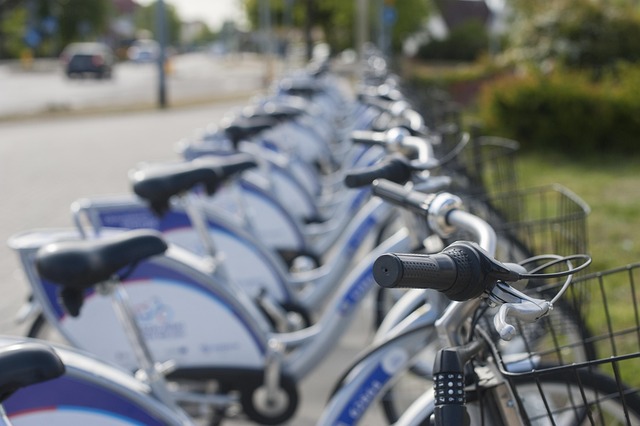Empowering Communities Through Cycling
In recent years, there has been a growing recognition of the importance of transport sustainability in combating climate change and fostering healthier communities. As urban areas become increasingly congested, the focus has shifted towards alternative modes of transport that minimize environmental impact. One of the most promising and exhilarating options gaining traction is cycling. Not only does cycling provide an eco-friendly alternative to traditional transport, it also plays a crucial role in promoting rural development and revitalizing communities.
The Need for Sustainable Transport
Our planet is at a crossroads, facing the daunting challenges of pollution and diminishing natural resources. Embracing cycling as a viable transportation option is a critical step toward achieving sustainability goals. With each pedal stroke, we contribute to reducing emissions, lowering our carbon footprint, and promoting cleaner air. Furthermore, cities that prioritize cycling demonstrate a commitment to enhancing public health by encouraging physical activity and reducing traffic accidents.
Supporting Cycling Transportation Options
To fully realize the benefits of cycling in transport sustainability, there needs to be a concerted effort to support for cycling transportation options across all levels of society. Governments, organizations, and communities can work together to create an environment that encourages cycling. This can include developing safe cycling infrastructure, providing incentives for bicycle commuters, and fostering educational initiatives that emphasize the benefits of cycling.
As investments in cycling infrastructure increase, rural areas can particularly benefit. Many rural communities face challenges such as inadequate public transport systems and a dependence on cars. By integrating cycling into their transport plans, towns can create more sustainable and accessible mobility options. Bicycle paths can connect villages to main roads, improving access to vital services, markets, and opportunities. This creates a dual benefit: promoting cycling as an everyday activity while simultaneously bolstering local economies.
Cycling as a Tool for Rural Development
Beyond sustainability, cycling can be a catalyst for rural development. The act of cycling not only fosters health and wellness but also connects individuals to each other and their communities. Local businesses can flourish by catering to cyclists’ needs—be it with bike repair shops, cafés, or accommodation options. When cycling is recognized as a legitimate means of transport, it encourages local tourism and can help put rural areas back on the map.
Moreover, cycling can forge social ties within communities, as residents come together for group rides, events, and initiatives geared towards promoting cycling. Such communal activities not only foster a sense of belonging but also drive awareness of local issues, encouraging civic engagement and collaboration for further development.
Moving Forward Together
As we journey towards a more sustainable future, it is crucial to harness the potential of cycling as an effective mode of transport. Supporting cycling transportation options is not just about providing a viable alternative; it’s about embracing a lifestyle that celebrates our environment, our health, and our communities. The benefits are manifold, fueling not just individual progress but collective development and well-being.
The road ahead is bright, and by championing cycling, we can create a future that is not only sustainable but enriched with opportunity and connection. So let’s pedal forward—toward progress, together!




